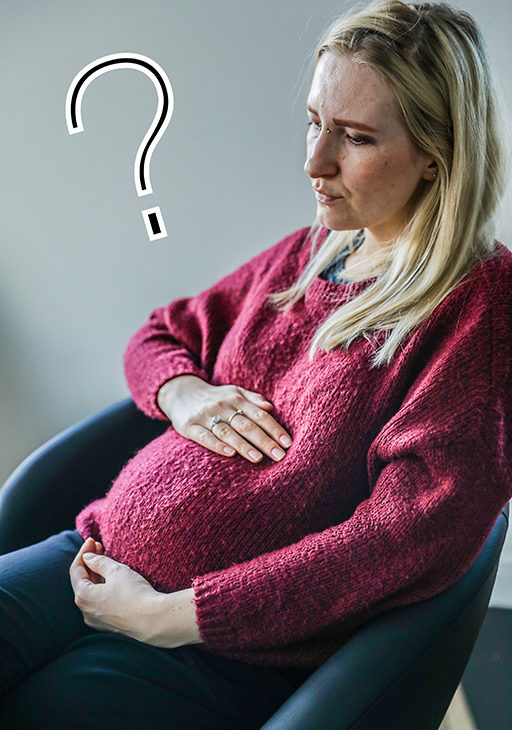Maternity Leave

Maternity Leave is what a lot of women can’t wait for to start and I am one of them.
For me maternity leave is something new and unusual, well actually same as the first pregnancy itself. How does it feel not working for months or even years? How to manage to do everything: grow up a child & at the same time to stay present about what’s going on around? This is a huge question and for some even a problem that causes additional anxiety in expectant mothers. In this era of technology it can be tricky to stay up to date with everything for new mums that are keen to progress with their career. Frankly, I’m not worried about this issue and I’m not going to hang brains on the dryer along with the sliders.

So maternity leave is something that some people learn about, think and plan ahead, while others start their research after getting a positive test confirmed. I fall under the first category of people who prefer to know, or at least have an idea in advance.
Maternity leave terms, conditions and payment vary from country to country. In the UK, the conditions and payment of mat leave are divided into statutory benefits and contractual benefits. Contractual is when good companies (not all) offer a better payment/benefts than statutory and usually the longer you work for the company, the better the maternity package is. Despite the fact that the company I am currently working for offers an improved maternity package to all employees, I fall under the statutory minimum. The reason is simple – I have not been working enough to enjoy a corporate maternity benefit (less than a year).
Statutory Maternity Leave

All employed pregnant women are entitled to 52 weeks (1 year) of maternity leave, no matter how long they’ve worked for their employer.
This is made up of 26 weeks of ordinary maternity leave and 26 weeks of additional maternity leave.
The first 26 weeks of maternity leave are known as Ordinary Maternity Leave and the second 26 weeks are known as Additional Maternity Leave (AML). At the end of OML, you have the right to return to your old job. At the end of AML your right to return is slightly different. You have the right to return to your old job, but if it is not reasonably practicable for the employer to offer you your old job back, you must be offered appropriate similar employment, on no less favourable terms, and with your seniority and pension conditions unaffected.
Mothers do not have to take 52 weeks but they must take 2 weeks’ leave after the baby is born (or 4 weeks if you work in a factory).
Statutory Maternity Pay (SMP) is paid for up to 39 weeks. You get:
– 90% of your average weekly earnings (before tax) for the first 6 weeks
– £151.20 or 90% of your average weekly earnings (whichever is lower) for the next 33 weeks (about £635 a month)
In order for you to understand what £635 a month means, here’s a the simple breakdown (average figures taken from Google):
– buying a property in the UK is insanely expensive (the average housing price is £230,000, when the average salary is 25-27 k per year). Don’t even hope to get something for this price in London though.
– saving that much isn’t realistic, so most people take a mortgage. The amount of mortgage payout per month varies, but on average let’s say from £600 to £1000 per month.
– many people in the UK rent. The average price for a one-bedroom apartment in the UK is approximately £900-1000 per month (rent only), and in London for this price you can only get a room. Our last apartment in London was £1,300, and in Bristol, £900. Just to clarify one-bedroom apartment in the UK -is actually 2 rooms. A living room, which in the post Soviet countries is also called a hall – does not count. In the UK, the number of rooms counts as the number of bedrooms.

Let’s do simple maths here: for a couple with an average salary of £25k per annum per person = £1600 per month after tax and pension, the total amount of income for two during a paid mat leave (33 weeks) is approximately £2,235 and out of this at least about a £1000 would go for a mortgage or rent. Average utility bills would be around £300. Then, on average, food costs about £250-300, then transport / car & clothes would just fit in at £2235. And what to do when the maternal pay ends? Two adults and one baby would have to leave for one salary of £1,600. Taking all above calculations into account it cannot be easy. For this reason, many mothers do not take 52 weeks of maternity leave, but get back to work earlier. Also, during the mat leave, all vacation days and bank holidays accumulate, so many mums prefer extending their mat leave for a month or even 2 by taking these days.

Then eventually you need to get back to work or quit. Which one of these two options is best to choose is a huge question, because cost for a kindergarten, which is called nursery here, is from £1,000 to £1,500 per month. It turns out that a mother with a salary of £1,600 roughly goes to work to pay for a kindergarten, when in theory she could quit the job & raise a child without losing much money, continuing to live on her husband’s salary. In general, the system is very strange and I personally do not understand it at all. I think it is for this reason that the average age of women with their first pregnancy in Britain is 30 years old. It makes sense to make at least some career and maybe manage to take a home on a mortgage before deciding to have a child.
I want to add that the contractual benefit, if offered by the company, of course helps a lot. Back in Bloomberg, close colleagues were advising me to stay only because of the maternity benefits (with my years service there I would be getting a full salary for 18 weeks and only then would be on statutory), but this was not an option for us. My current employer also offers very good maternity pay for employees who have worked for at least a year by 15 weeks before the due date : 9 weeks = 100% salary and 9 weeks = 50%.
This is how things are in our country. And how about yours?
It would be very interesting to find out how things are with the maternity leave in other countries, so do not be shy and leave comments below. Those from Britain I would also love to hear what choice you made: raising a child at home or work? Nanny, nursery or help from parents?








